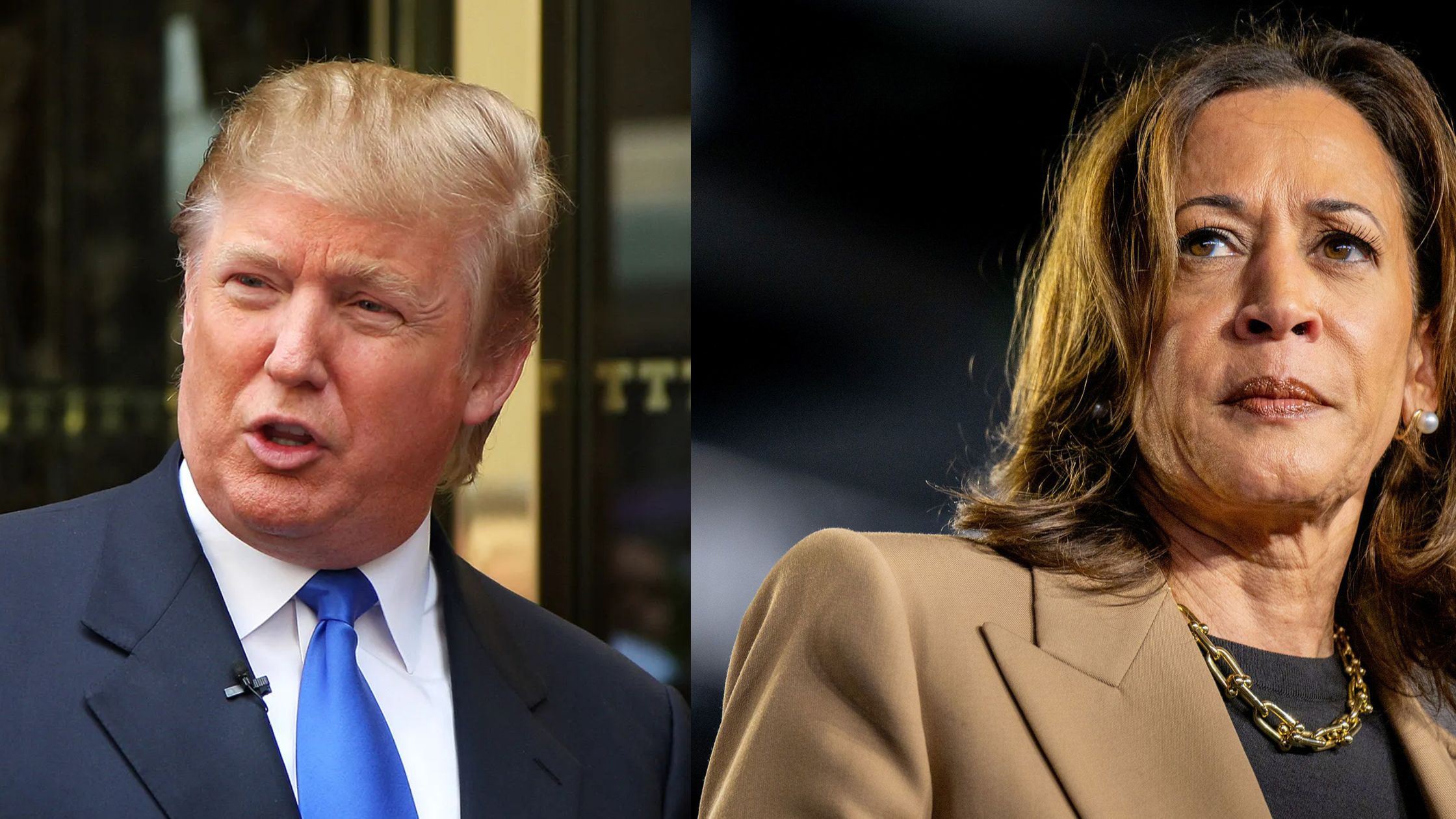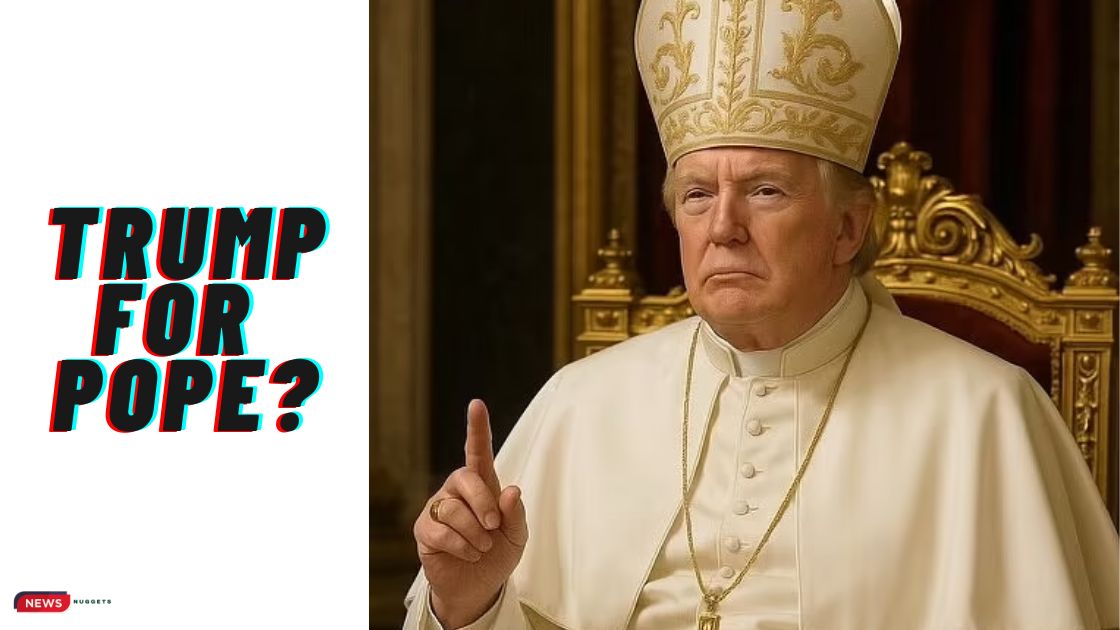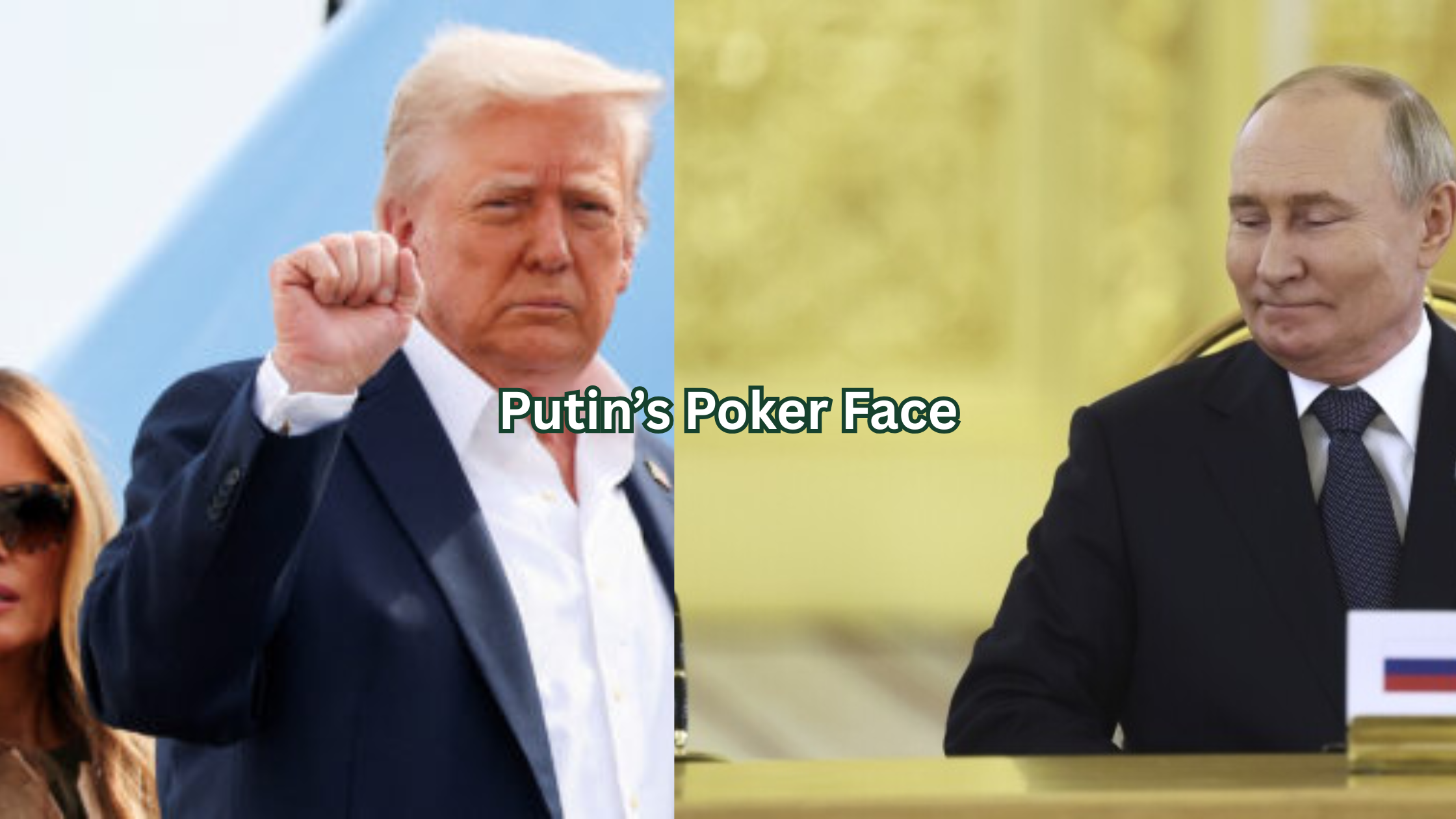In a move that’s been met with widespread condemnation, President Donald Trump has officially revoked the Secret Service protection for former Vice President Kamala Harris. The decision, which came into effect just a few weeks before Harris is set to begin her national book tour, has left many questioning the president’s motives and concerned for her safety.
Under federal law, former vice presidents are entitled to six months of Secret Service protection after they leave office. While Harris’s protection had already reached that limit, her detail was extended by an executive order from former President Joe Biden, who cited a “heightened threat environment.” That extension was supposed to last until July 2026, but Trump’s new directive has abruptly ended it.
This isn’t the first time President Trump has used his authority to remove security details for those he considers political rivals. Since his return to the White House, he has also stripped protection from his former National Security Adviser John Bolton, as well as Hunter and Ashley Biden. The White House claims the decision was based on a new intelligence assessment that found no credible threats against Harris, but critics say it’s another act of political retaliation.
The timing of this decision has raised eyebrows, as it coincides directly with the upcoming launch of Harris’s new memoir, 107 Days. The book tour is planned to include numerous public appearances in major cities, events that naturally require a high level of security.
Democratic leaders and security analysts have been quick to voice their concerns. Los Angeles Mayor Karen Bass called the move “another act of revenge,” and Governor Gavin Newsom’s office stated that the safety of public officials “should never be subject to erratic, vindictive political impulses.” Security experts also point out the very real dangers that public figures face, especially considering the assassination attempts against President Trump himself in the past year.
While a spokesperson for Kamala Harris thanked the Secret Service for their service, the lack of a full protective detail raises serious questions about who will ensure her safety moving forward. The controversy highlights a growing tension over the politicization of security for public officials, and leaves a significant security gap that private firms are not equipped to fill.




